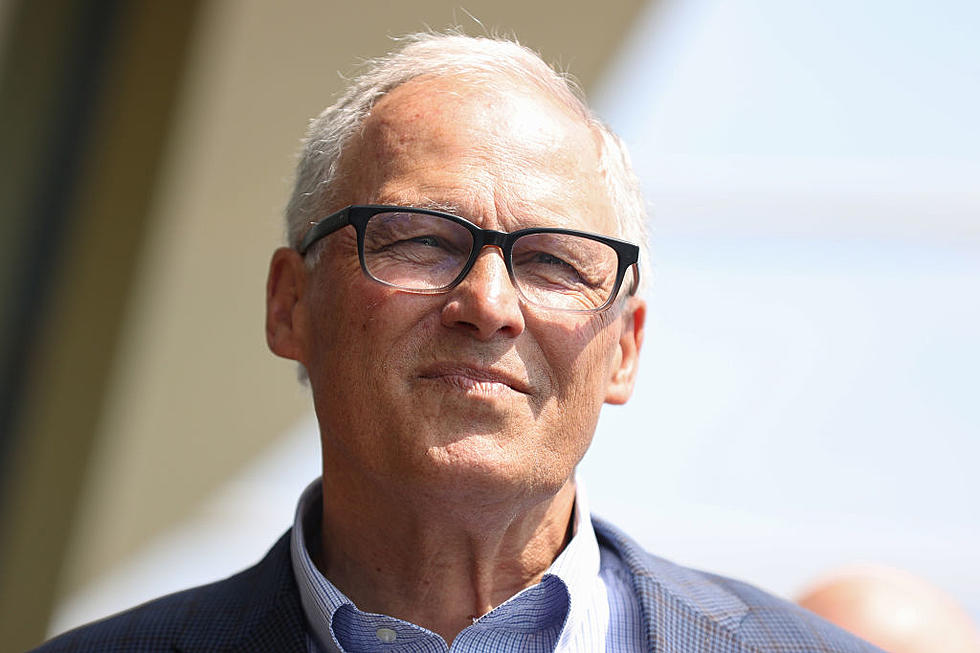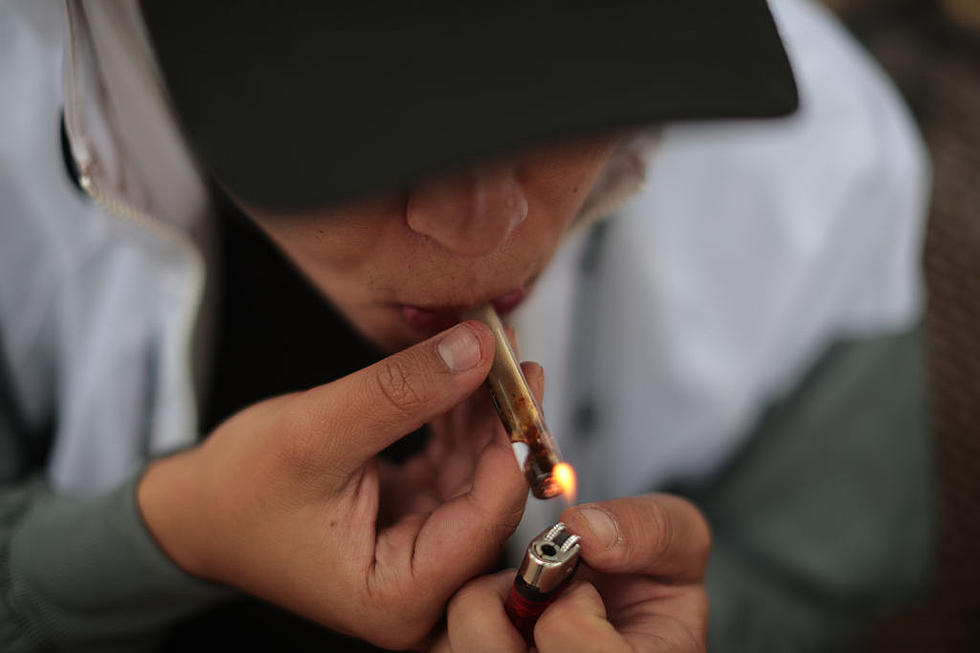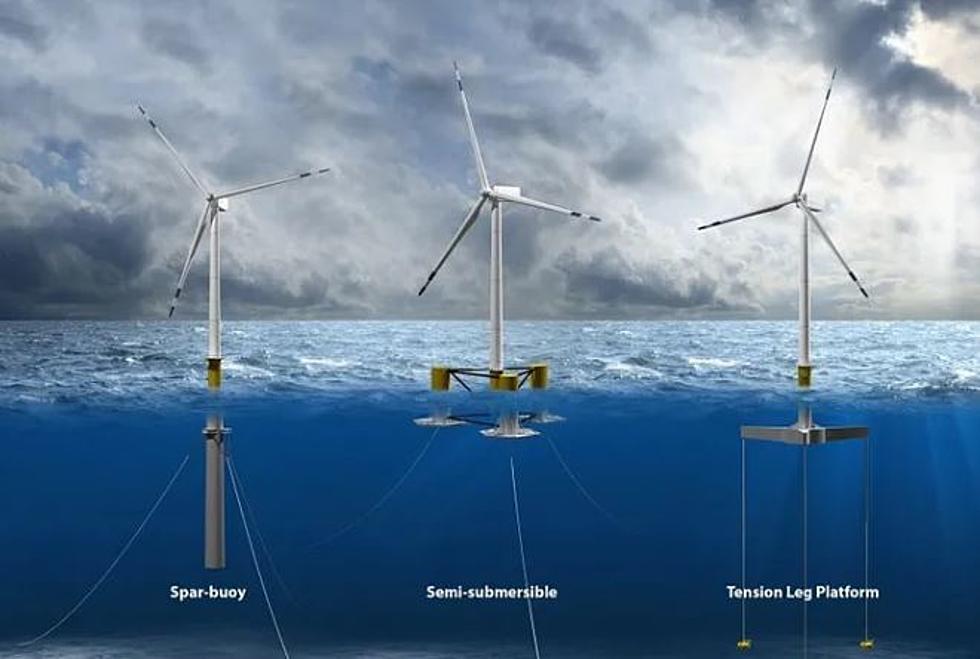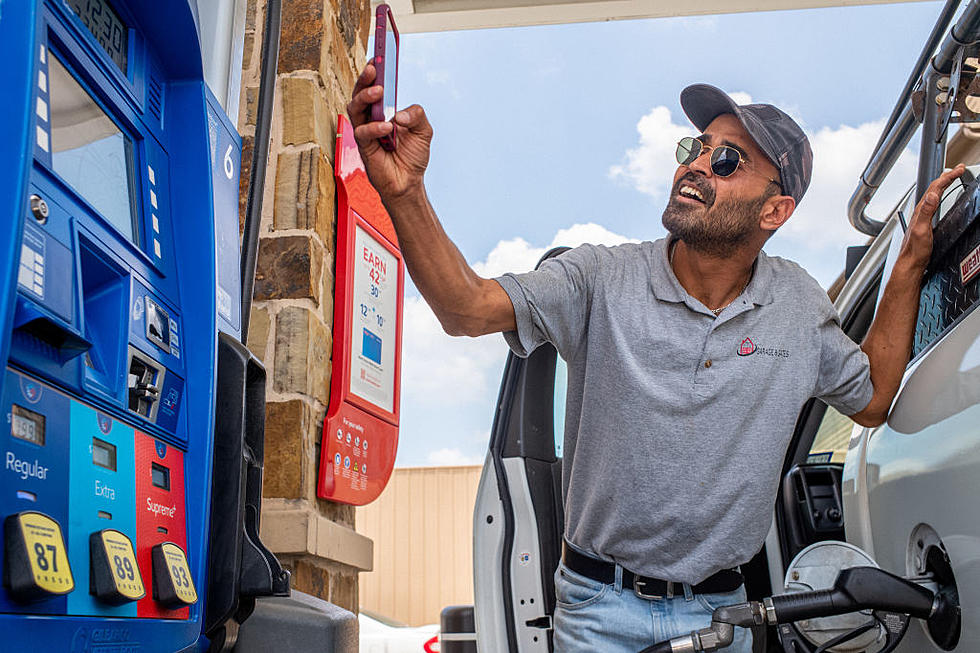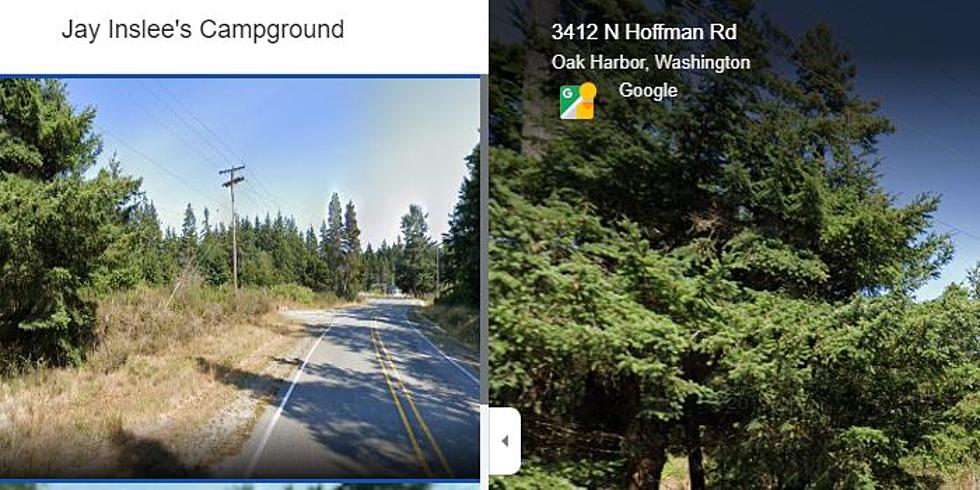
Gov. Inslee Takes to Twitter for Town Hall This Week – Anybody There?
Twitter was the social media the governor chose to interact with Washington state residents. Views are mixed on the choice of the media. Did you ever hear about it?
By way of the new state website resultswashington (results.wa.gov), Inslee took to the social media to inquire as to the government's performance on a wide variety of topics.
The website itself lists catagories ranging from education to energy, from employement to governmental performance. September 12th, citizens were asked to submit their feedback.
Twitter was chosen as the preferred method of interaction because it limits you to 140 characters. Not a user of Twitter? Think of it as a text message that goes out to as many people who are following you. If you set up a Twitter account, and there are 157 people who follow you, everything you put on the site will be seen by them. #, or hashtags, are assigned to various topics so if you are wishing to discuss, for example, NASCAR, you could end your 140-character message with "#NASCAR" (hashtag, NASCAR).
We hear so much about Twitter, especially among professional athletes and entertainers. Dozens of them have gotten in hot water for controversial statements made on their accounts, including singer Beyonce', who tweeted "Take That, Mitches!" following Romney's loss to her buddy Obama in the 2012 election.
But in the real world of social media, Twitter pales in comparison to the 800-lb. gorilla of Facebook. While Twitter may be the cutting edge, trendy or hip way to post ideas and thoughts, the vast majority of mainstream Americans such as yourselves rely on Facebook. To millions of Americans, we learn about what people have said on Twitter AFTER it's reported in the rest of the media -tv, radio, Facebook etc.
Twitter, according to the website Digital Marketing Ramblings, boasts 500 million users, 200 million of whom are active world wide. Facebook, meanwhile, has about 1.15 billion worldwide users. Digital Marketing Ramblings weekly tracks the latest updates of who's using the some 250 different social medias that now exist in our digital world.
Facebook, because of the personality and information requirements (and the oversight of the employees who work there) has far fewer fake or fraudulent accounts than Twitter. According to an August 23rd article on the website WebProNews, at least 27% of all Twitter accounts are fake, or what are called "robo" or spam accounts. They're not attached to a real person. When you add in the number of inactive accounts that have not been used for months, only about 34% of those 500 million Twitter users are for real, and used on any regular basis.
When you hear of stars boasting of having 1 or 2.5 million followers on Twitter, most of them are fake accounts. Pop superstar Lady Gaga, according to the website e-online, has 20 million Twitter followers. But after sifting through the robo and fake account data, only 29% of them are real people. Researchers use new tools, such as statuspeople to determine who's real, and who's not.
Our point is, if Inslee really wants to get the pulse of the people, do what State Senator Mark Schoessler (GOP-Ritzville) did a number of months ago. He enlisted the help of radio stations and newspapers with getting the information out about a telephone call-in town hall for his region. It was held in the early evening hours, after 6pm, to allow for people to get home from work. The meeting was piped over the phone line, much like a conference call, so even if you didn't get picked to speak, you could hear the whole thing.
In just his largely rural district, he had nearly 2,000 participants, and during the hour-long session took numerous phone calls. Participants were also invited to email him questions, comments and opinions.
Twitter can be a useful tool for certain types of social networking or targeting certain groups. But for mainstream political purposes, it's not going to reach the families, breadwinners and average Americans who utilize Facebook - and not many other social media networks.
More From 870 AM KFLD
